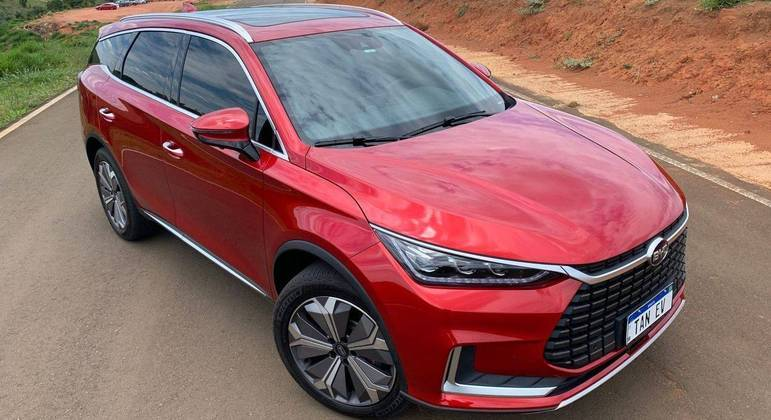In a groundbreaking shift towards sustainable transportation, Brazil is rapidly establishing itself as a leader in the electric vehicle (EV) revolution in 2023. According to Bloomberg Green, the country has seen a staggering 70% increase in EV sales over the past year alone. This shift is transforming Brazil’s mobility landscape and contributing significantly to global green mobility efforts. In this article, we will explore how Brazil is embracing electric vehicles, the factors driving this change, and what it means for the future of transportation in the region.
The Rise of Electric Vehicles in Brazil
Government Initiatives and Incentives
The Brazilian government’s commitment to green mobility is a driving force behind the surge in EV adoption. In 2023, the government introduced significant incentives, including tax breaks and subsidies, for both manufacturers and consumers. According to Reuters Mobility, these measures have made electric cars more accessible to the average Brazilian, with the cost of EV ownership dropping by nearly 25% compared to previous years. Additionally, the government is investing heavily in EV infrastructure, with plans to install over 10,000 new charging stations by the end of 2024.
Local Manufacturing and Global Brands
Brazil is not just importing electric vehicles; it is also becoming a hub for local manufacturing. Companies like BYD and Volkswagen have set up production plants in the country, contributing to job creation and economic growth. According to AutoCar, Volkswagen plans to launch three new electric models in Brazil by 2025, further diversifying the market. This local production is crucial in reducing costs and making EVs more competitive with traditional internal combustion vehicles.
The Impact on Green Mobility
Environmental Benefits
The environmental impact of Brazil’s EV revolution is profound. By replacing fossil fuel-powered vehicles with electric ones, Brazil is reducing its carbon footprint significantly. According to the International Energy Agency (IEA), the shift to electric vehicles has the potential to cut the country’s automotive emissions by up to 40% by 2030. This transition is not only beneficial for the environment but also positions Brazil as a leader in the fight against climate change.
Economic and Social Advantages
The economic benefits of the EV revolution extend beyond job creation. The transition to electric vehicles is expected to save Brazil billions in fuel costs over the next decade. Moreover, as more Brazilians adopt electric vehicles, there is a growing demand for skilled workers in the EV sector, leading to new training and employment opportunities. Socially, the move towards greener transportation options is improving air quality in urban areas, enhancing public health and quality of life for millions of Brazilians.
Practical Tips for Embracing EVs in Brazil
How to Charge Your EV
Charging infrastructure is a critical component of the EV ecosystem. In Brazil, charging your electric vehicle is becoming increasingly convenient, thanks to the expanding network of charging stations. Here are some tips for charging your EV:
- Home Charging: Consider installing a Level 2 home charger for overnight charging.
- Public Charging Stations: Use apps like PlugShare to locate nearby charging stations.
- Workplace Charging: Encourage your employer to install EV chargers at your workplace.
Where to Buy Electric Vehicles
With the rise of EVs, more dealerships across Brazil are offering a variety of electric models. Here are some options for purchasing an EV in Brazil:
- Local Dealerships: Visit authorized dealerships of brands like Tesla, Hyundai, and Nissan.
- Online Platforms: Websites like Mercado Livre offer a platform for purchasing new and used electric vehicles.
- Auto Shows: Attend auto shows and expos to explore the latest models and technologies.
Conclusion: Brazil’s Green Mobility Future
In conclusion, Brazil’s electric vehicle revolution is not just a trend; it is a transformative movement reshaping the country’s transportation landscape. The combination of government incentives, local manufacturing, and a growing awareness of environmental issues is driving this change. As Brazil continues to invest in EV infrastructure and technology, the future of green mobility looks promising.
As we look ahead, the question remains: How will Brazil’s commitment to electric vehicles influence other emerging markets? Share your thoughts in the comments below and stay tuned for more updates on the global EV revolution. With Brazil leading the charge, the path to a sustainable future is brighter than ever.

